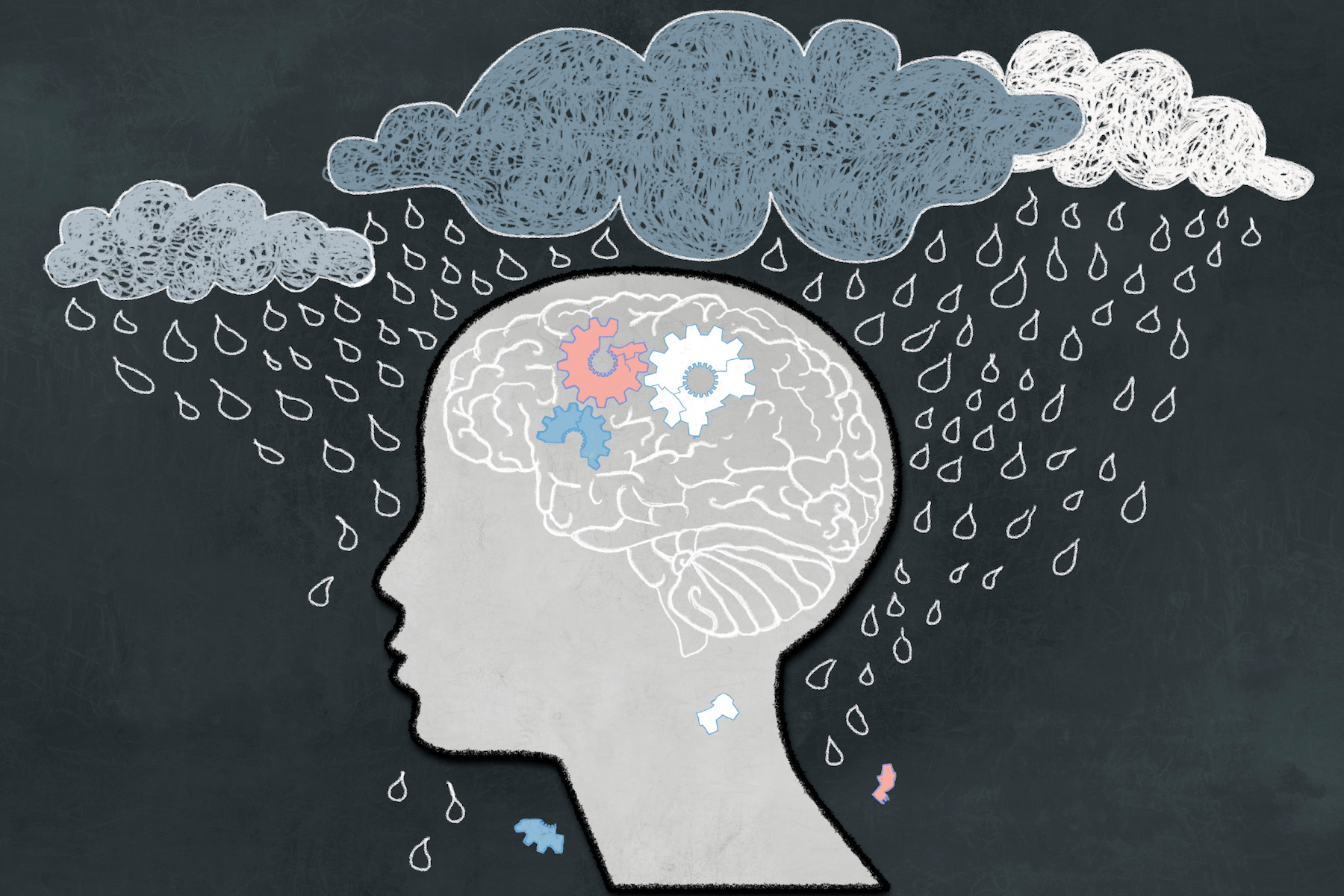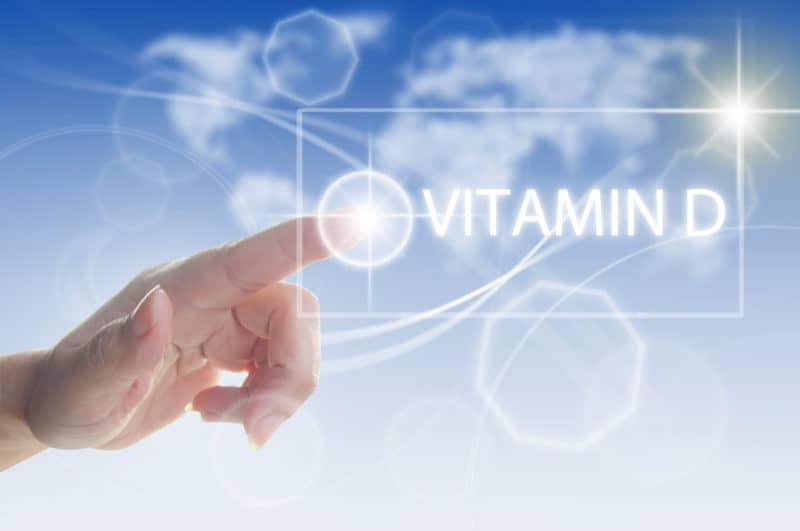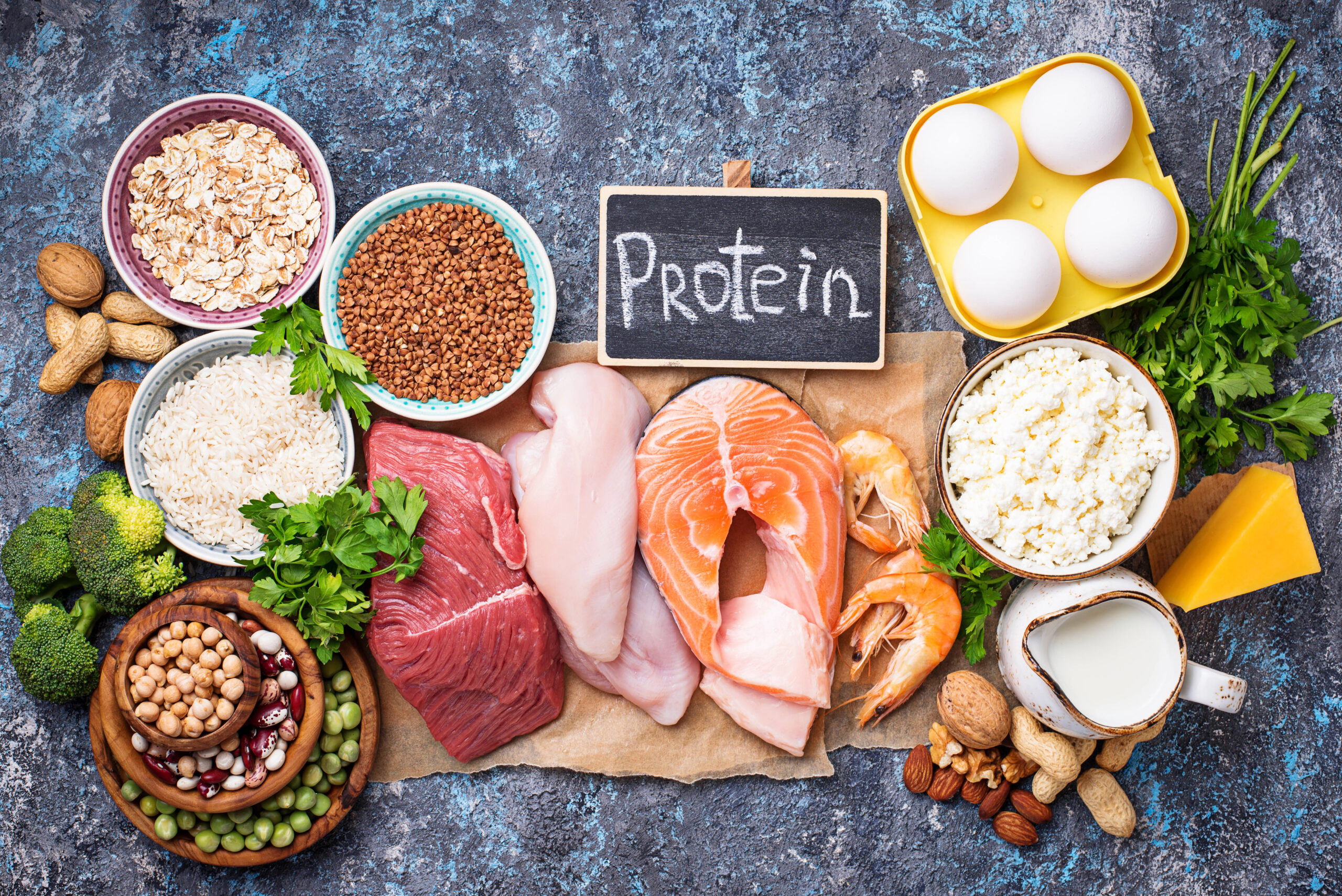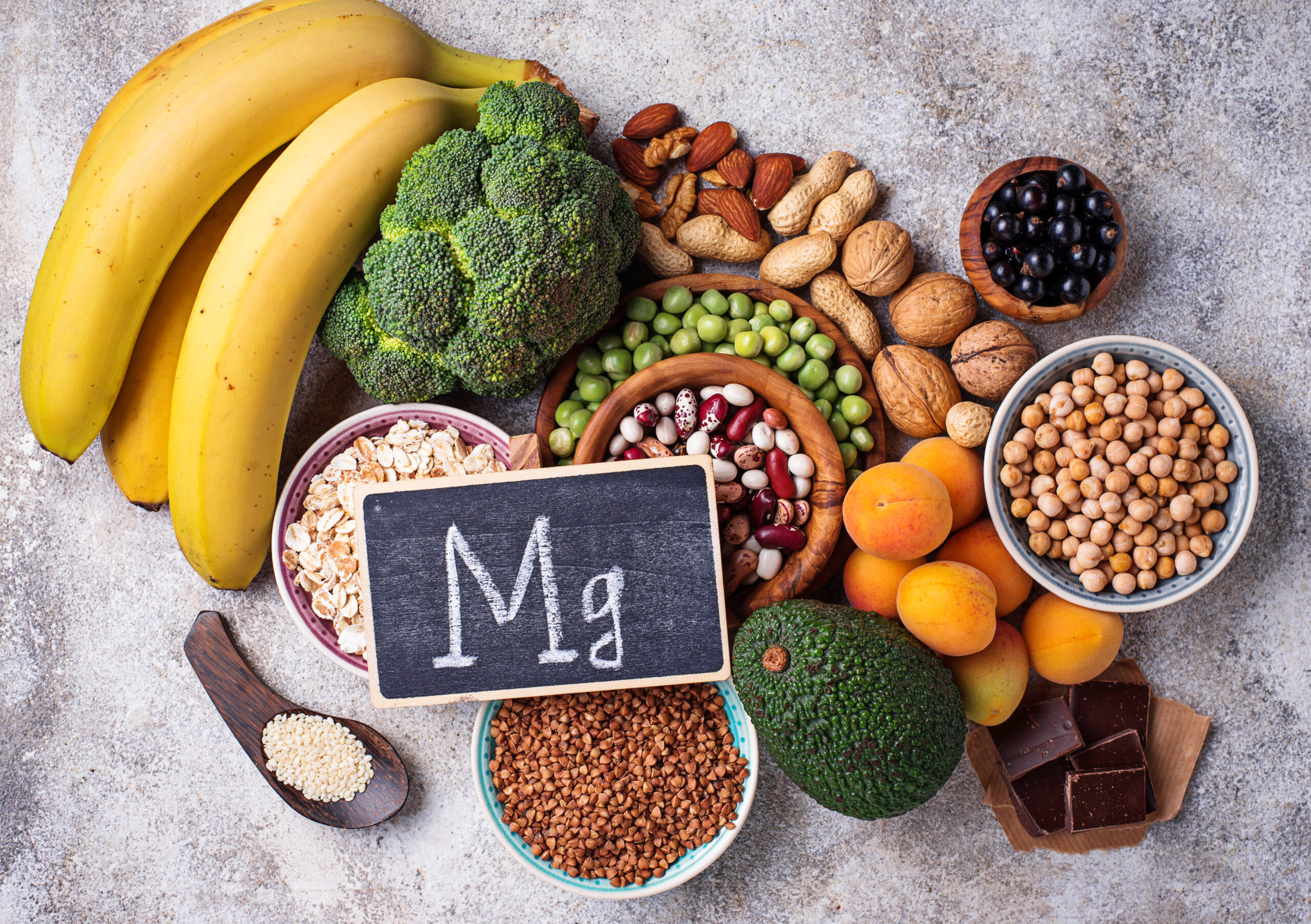

Sadness can feel like a cloud hovering overhead for a single day. But depression feels like a hovering cloud every day. If you or a loved one struggles with depression, you know how frustrating and debilitating it can be.
But, have hope, you can loosen the grip depression has on your life. Your mental health and relationships don’t have to suffer forever. There are effective natural treatments for depression that can really help! Let’s look at how depression affects the brain, symptoms of depression, and natural ways to find relief.
Depression
In our current society, depression is a common mood disorder. It affects how you think, feel, and handle everyday life, from relating with others, to activities of daily living like sleeping, eating, and bathing for example. While periodic sadness is a normal part of the human experience, depression isn’t.
At first, depression was believed to be caused by a deficiency in the neurotransmitter serotonin. But that doesn’t always tell the whole story. Current research shows there are many potential root causes for depression. Inflammation, the gut-brain barrier, diet, exercise, sleep, stress, and toxins, can all play a role.
Common Symptoms of Depression
- Persistent feeling of sadness or “numbness”
- Loss of interest in hobbies or activities that used to bring pleasure
- Difficulty sleeping, staying or falling asleep, or sleeping too much
- Changes in appetite, eating patterns, and unexpected weight changes
- Feelings of worthlessness and hopelessness, sometimes accompanied by thoughts of suicide
If you’ve experienced any of these symptoms for over 2 weeks, you may be in a current depressive episode. Here are some natural treatments for depression that can help.
Natural Treatments for Depression to Support Mental Health
Lifestyle changes make a significant impact on depression and mental health. Meditation, exercise, nutrition, sleep, and targeting nutrient deficiencies improve depression symptoms. Let’s look at how these natural treatments for depression work.
Meditation and Stress Management for Depression
Did you know mindfulness-based meditation and stress management techniques are proven to be beneficial for depression? Practicing a form of meditation and mindfulness consistently also helps prevent relapse. By emphasizing the present moment and cultivating awareness in the body, meditation combats overthinking, rumination, and negative thought patterns common in depression.
One study showed an improvement in depression symptoms with meditation, aerobic exercise, and traditional Chinese exercises such as tai chi. With a focus on the interaction between body and mind, tai chi helps manage stress levels through gentle movement and mindful breathing. It’s another great mindfulness technique to relax the body, calm the mind, and improve self-awareness.
Because stress is a contributor to depression and its persistence, finding ways to manage it is essential. Whether it be meditation, yoga, or other mindfulness practice, start with 5 minutes a day. It’s a short amount of time to dedicate each day to making big strides in your emotional and mental health.
Exercise
Aerobic exercise improves mental health- it’s the best antidepressant we have! Think about the “runner’s high” or the boost of energy you feel after completing a workout. Exercise increases energy and self-esteem, helping achieve an improvement in mood. This is why it’s recommended for those with depression.
The CDC recommends 150 minutes of moderate intensity exercise each week. This can look as simple as walking briskly for 30 minutes, 5 days each week.
Nutrition and Nutrient Deficiencies
Nutrition plays a role in the onset, severity, and duration of depression. Plus, food allergies or sensitivities can commonly lead to mental symptoms like depression. Studies have even found a significant correlation between high sugar intake and depression! These sensitivities – things like gluten, dairy, and sugar for example- can be inflammatory. Doing an elimination diet and finding out if you’re sensitive can make a huge difference. Here are resources to help start an elimination diet and how to reintroduce foods after completing it.
Just like food allergies, nutrient deficiencies also play a role in depression. Folate is one example of this. People with depression generally have 25% less blood folate than others. Because folate plays an important role in metabolic pathways in the brain, it helps improve depression symptoms. 0.8mg/day of folic acid is recommended to decrease depression symptoms. I always recommend an activated form of folate such as methyl folate, as it is a direct form that does not need to be converted by the body.
Similarly, a deficiency of vitamin B12 shows a high prevalence of cognitive disorders and changes. When taking a B-complex vitamin with vitamin B12, participants in one study noticed an improvement in mood after 3 months. It’s recommended to take at least 0.4mg/day of vitamin B12 to decrease depressive symptoms. I also recommend an activated form of B12, such as methyl cobalamin. It is common to use a B complex, such as Active B Complex to supplement, as it contains multiple B vitamins that may also be deficient, not just B12 and folate.
Omega-3 fatty acids are also shown to effectively treat depression. There are 2 specific omega fatty acids with antidepressant effects – EPA and DHA. Find an omega fatty acid supplement with both EPA and DHA for the best depression support, like this one.
Lastly, vitamin D levels and depression are also correlated. One study found that lower vitamin D levels in early pregnancy was associated with higher levels of depression symptoms later in the pregnancy. Another study showed weekly administration of high levels of vitamin D improved depression. While research is still being conducted, strong evidence supports that getting enough vitamin D can support mental health.
It is important to get nutrient levels checked before supplementing to avoid toxicity, especially for the fat-soluble nutrients like vitamin D.
Sleep
A good night’s sleep makes a huge difference in how you feel. So, it’s no surprise that not getting enough quality sleep increases risk for depression.
Finding ways to get enough good-quality sleep is a cornerstone of depression treatment. If you find yourself struggling with sleep, try these tips:
- Avoid blue light from devices for 1-2 hours before bedtime.
- Go to bed around the same time every night and wake up at the same time in the morning – even on the weekends!
- Keep your bedroom cool, dark, and quiet to promote restful sleep.
- If you wake up in the middle of the night and can’t fall back to sleep, instead of grabbing your phone and scrolling, try reading or listening to a sleep story or relaxing music. Some even find it helpful to get out of bed to a chair for example. When you start feeling sleepy again, head back into bed.
The Role of Toxin Reduction in Depression
There are toxins everywhere in our modern lives. In the pesticides used on the food we eat, to the plastic in our food containers, to the cleaning products lurking under our sinks. Toxin exposure is a problem! Unfortunately, we can’t avoid it completely, so reducing our exposure to it is essential.
Here are some ways to reduce your exposure to toxins:
- Eat organic food – non-organic food is usually sprayed with pesticides! At the minimum, avoid the dirty dozen.
- Use glass or stainless-steel containers, not plastic.
- Take a look at your personal care products and get rid of anything with parabens or phthalates on the label at the very least.
- Sweat often to promote detoxification. This means exercise and/or sauna sessions.
- Swap out toxic household cleaners for natural cleaning products.
Combining all of these lifestyle factors together can really make a powerful and lasting difference in depression symptoms.
Psychedelics For Depression
Psychedelics are a new area of research for depression treatment. For example, micro dosing LSD showed encouraging results in one study for those with depression and anxiety. LSD is well-tolerated at low doses and is considered safe when taken appropriately in a medical research setting. The same researchers also found that psylocibin, also known as magic mushrooms, provides relief from depression and anxiety symptoms. Studies continue to look at these promising results in patients with depression and anxiety.
Ketamine Infusions for Depression
Ketamine infusions offer rapid symptom relief when given at appropriate doses through an IV in a medical setting. This is in sharp contrast with typical antidepressant medications, which can take weeks to provide any benefit, if at all. In a ketamine study of antidepressant effects, participants noted significant antidepressant effects within four hours after the infusion. For patients with suicidal thoughts, this could mean the difference between life or death, as suicidal thoughts rapidly decreased one day after the infusion and continued for up to a week.
The effect of a single ketamine infusion can be sustained through a series of 6 ketamine infusions over the course of 2-3 weeks. This not only produces rapid antidepressant effects, but provides sustained antidepressant results, making it a great alternative to traditional antidepressants. Ketamine infusions are usually reserved for treatment resistant depression, defined as 2 or more medications providing less than 50% relief. However, there are also patients who do not want to go on oral medications that also have good success with ketamine. Ketamine infusions have about a 70% success rate in significantly reducing symptoms of depression.
Ketamine infusions for depression are generally well-tolerated. But how do they work? It’s thought that ketamine’s antidepressant effects occur through a variety of mechanisms causing changes between neurons (brain cells). There are several actions, including those on the NMDA receptor, which is thought to be one of the main reasons ketamine helps with symptoms. However, we now know that ketamine has many mechanisms of action on the brain and is also anti-inflammatory. This causes antidepressant actions. Nonetheless, ketamine infusions for depression continue to be studied because of their potential to help people struggling with severe depressive symptoms.
At Arizona Wellness Medicine, we offer ketamine infusions for depression. We know how debilitating symptoms of depression can be. When you’ve tried everything else – meditation, exercise, and diet changes – ketamine infusions may be the answer. If you’re looking for ketamine infusions for depression in Scottsdale, reach out to us here.
Resources:
https://www.ncbi.nlm.nih.gov/pmc/articles/PMC7880300/
https://www.ncbi.nlm.nih.gov/pmc/articles/PMC7994242/
https://www.yalemedicine.org/news/neurobiology-depression
https://www.ncbi.nlm.nih.gov/pmc/articles/PMC8542047/
https://www.ncbi.nlm.nih.gov/pmc/articles/PMC7793414/
https://www.ncbi.nlm.nih.gov/pmc/articles/PMC2738337/ https://www.ncbi.nlm.nih.gov/pmc/articles/PMC5610883/
https://www.nature.com/articles/s41380-018-0256-5
https://www.ncbi.nlm.nih.gov/pmc/articles/PMC5999402/
https://www.ncbi.nlm.nih.gov/pmc/articles/PMC6717708/
https://www.ncbi.nlm.nih.gov/pmc/articles/PMC5794524/
https://journals.sagepub.com/doi/full/10.1177/2045125320950567
Share:
Dr. Emily Parke
Social Media
Most Popular Posts
Subscribe To Our Newsletter
Related Posts

How Fructose Intake Affects Metabolic Health: What You Need to Know
Fructose, found naturally in fruits and added to processed foods as high fructose corn syrup, impacts health. Learn the metabolic effects of fructose intake.

Get More Vitamin D for Better Health!
Of all the vitamins and minerals you should be sure you’re getting enough of, vitamin D is perhaps one of the most important. The benefits of vitamin D are widespread and pretty incredible.

The Science Behind Protein: The Optimal Amount of Protein in the Diet Based on Age and Activity Level
Different amounts of protein are needed at different stages of life. Learn about protein, how much you need, and what happens when you don’t get enough.

Magnesium: The Essential Mineral, Its Role in the Body, and What to Know About Magnesium Supplements
Learn about the mineral magnesium, its role in the body, how to spot magnesium deficiency, and the most bioavailable forms of magnesium to supplement with.
